

Convicted for two killings he didn’t commit, Vasquez hopes legal reforms will lead to his freedom after 18 years behind bars.
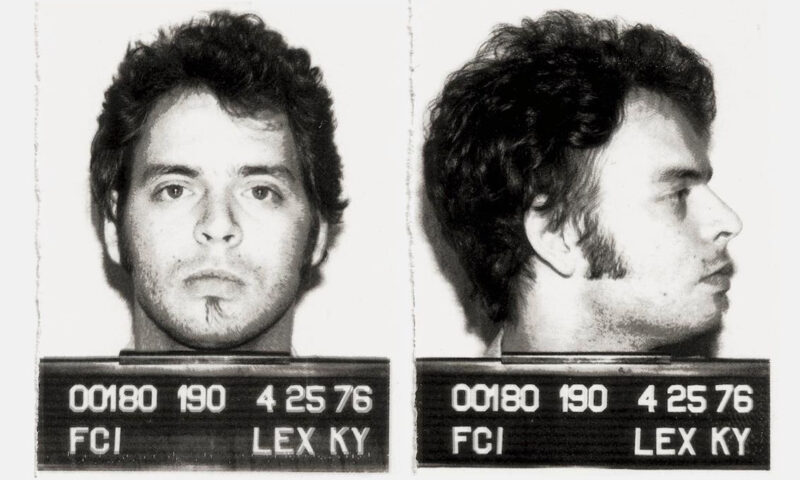

Years behind bars for drug dealing led the influential proto-punk rocker to work for criminal justice reform.


Again, Gov. Newsom contradicts past public safety orders and sides with political allies.
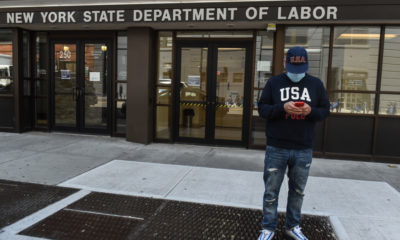

A new study, citing historical precedent, claims 42 percent of recent layoffs will result in permanently lost jobs.
Co-published by Fast Company


All of Jeffrey Wright’s acting skills can’t quite elevate O.G. beyond being a solid and dignified tale.


The closure of an immigrant detention center could represent a setback for the Trump administration’s aggressive immigration enforcement policies.


Co-published by the American Prospect
Prisons have been called universities of crime. What if they became, instead, actual universities?
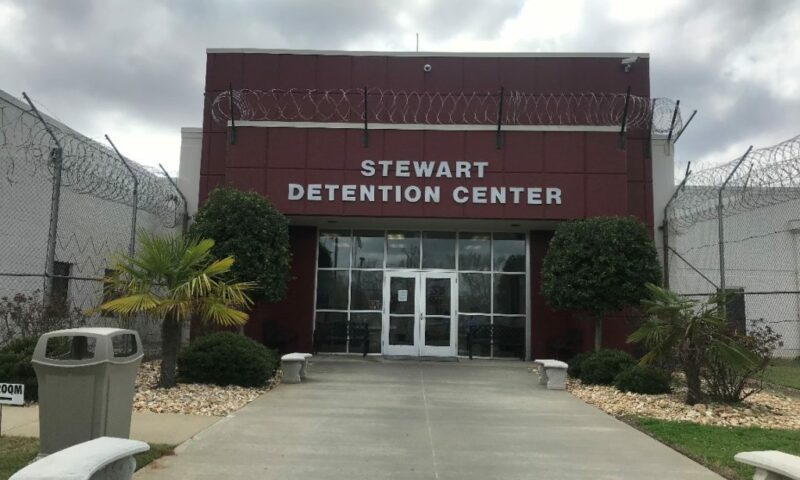

Co-published by Fast Company
How a private prison company silenced the Georgia Bureau of Investigation from releasing details about an immigrant detainee’s death.


“The current cash bail system is the modern equivalent of a debtor’s prison,” says California State Senator Bob Hertzberg. “It criminalizes poverty, pure and simple.” BY JIM CROGAN


Earlier this month, the Seattle City Council voted not to renew its contract with Wells Fargo, pulling more than $3 billion in city funds from the Wall Street giant. And rightly so—Wells Fargo defrauded over two million of its own customers.


If you thought Wells Fargo’s fake account scandal was bad, get a load of this. Wells Fargo is one of six banks keeping the private prison industry in business.


Since the Justice Department announced in mid-August that it will phase out its use of private facilities for Bureau of Prisons (BOP) prisoners, the stocks of the country’s two largest private prison companies have plummeted. But the companies already have a plan—in fact, they’ve been following it for years.


Vivian Rothstein reports on a theater program for California inmates.
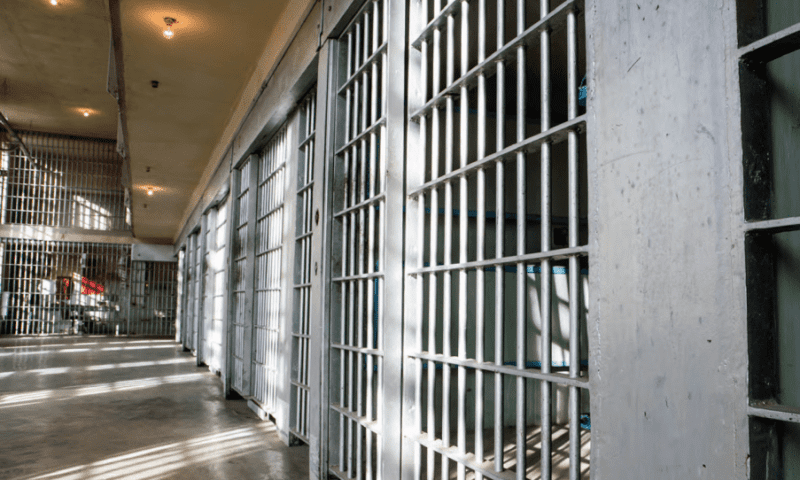

The U.S. Department of Justice (DOJ) just announced its plans to end its use of privately operated, for-profit prisons to incarcerate federal prisoners.
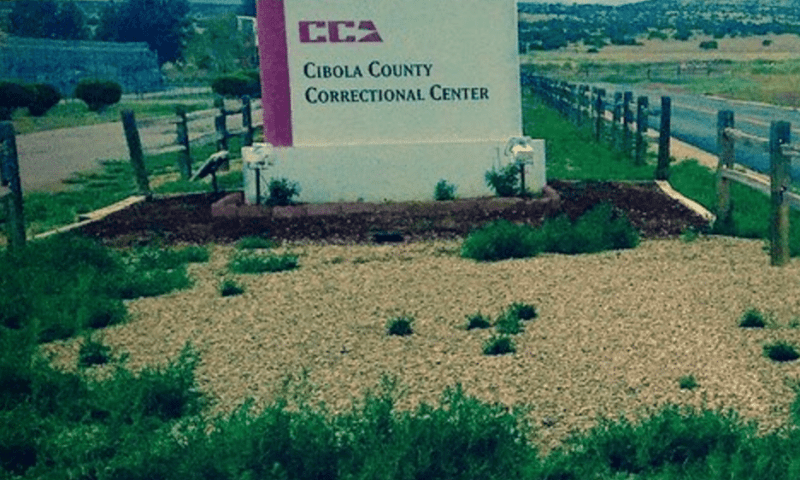

Two weeks ago, the country’s second largest private prison company told its investors it had some bad news…
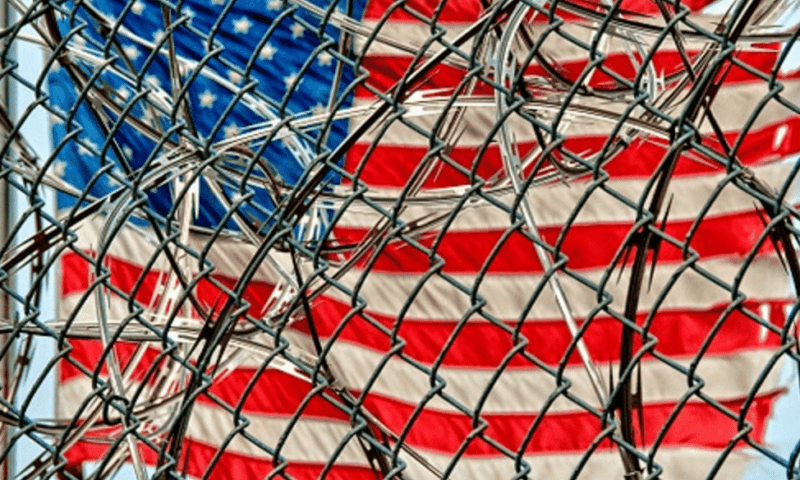

Sometimes knowing where someone stands on an issue is pretty straightforward. We can be sure about this: the private prison industry doesn’t share our goal of ending mass incarceration.


Private prison companies are extremely secretive, but in the last few weeks we’ve gotten two powerful glimpses of how these companies harm prisoners and the people that work for them.


When Grammy Award-winning singer John Legend covered “Redemption Song” last week, his audience—hundreds of prisoners at the women’s prison in Washington State—may have the most grateful ears for such a liberating song.
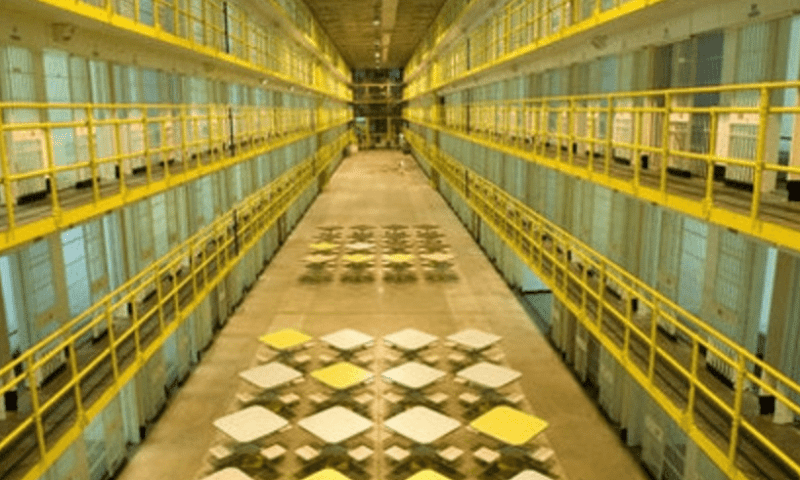

Remember when maggots were found in potatoes about to be served at a Michigan prison? That was just the tip of the iceberg.
A new report released this week details widespread cost-cutting by the food service company Aramark, whose contract was terminated by that state last year. Kitchens were not only unsanitary but dangerous. The company hired inexperienced staff, allowing prisoners to steal makeshift weapons and control the lunch line. Food shortages were especially common.
Michigan eventually replaced Aramark with a new contractor, but the report comes to an unambiguous conclusion: The underlying problems that ended the contract are “likely to resurface under any contract relationship.”
This is because, in a drive for profits, private corrections companies like Aramark routinely cut corners to lower costs. In private prisons, this drive often leads to more prison violence, lawsuits and staff turnover.
» Read more about: Hell’s Kitchens: Privatized Prison Mess Halls »
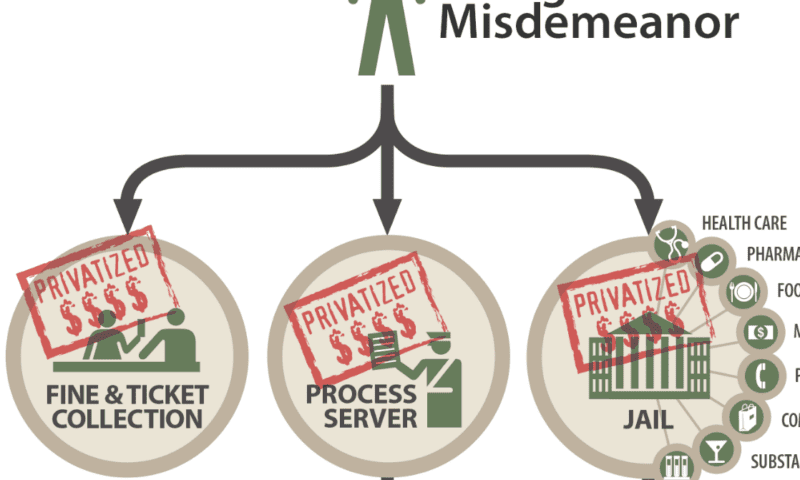
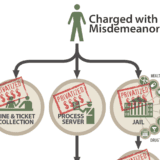
Last Monday the U.S. Department of Justice announced a powerful new effort to stop local practices that unfairly target poor people by trapping them in “cycles of poverty that can be nearly impossible to escape.” Courts across the country are requiring people arrested with minor misdemeanor charges—like driving with a suspended license—to pay fines before getting their day in court. If they can’t afford the fine, they are forced to wait behind bars until they can.
In a statement and letter, the DOJ shed light on what the agency calls a “bureaucratic cover charge for the right to seek justice,” but also on another alarming practice: the use of for-profit companies to collect fines and manage probation.
On top of fines collected on behalf of courts, many private probation companies charge their own fees for things like drug testing and supervision. If people can’t pay these fees—which can be as high as the fines themselves—they can be sent back to jail.
» Read more about: Criminal Justice: The High Price of Breathing While Poor »